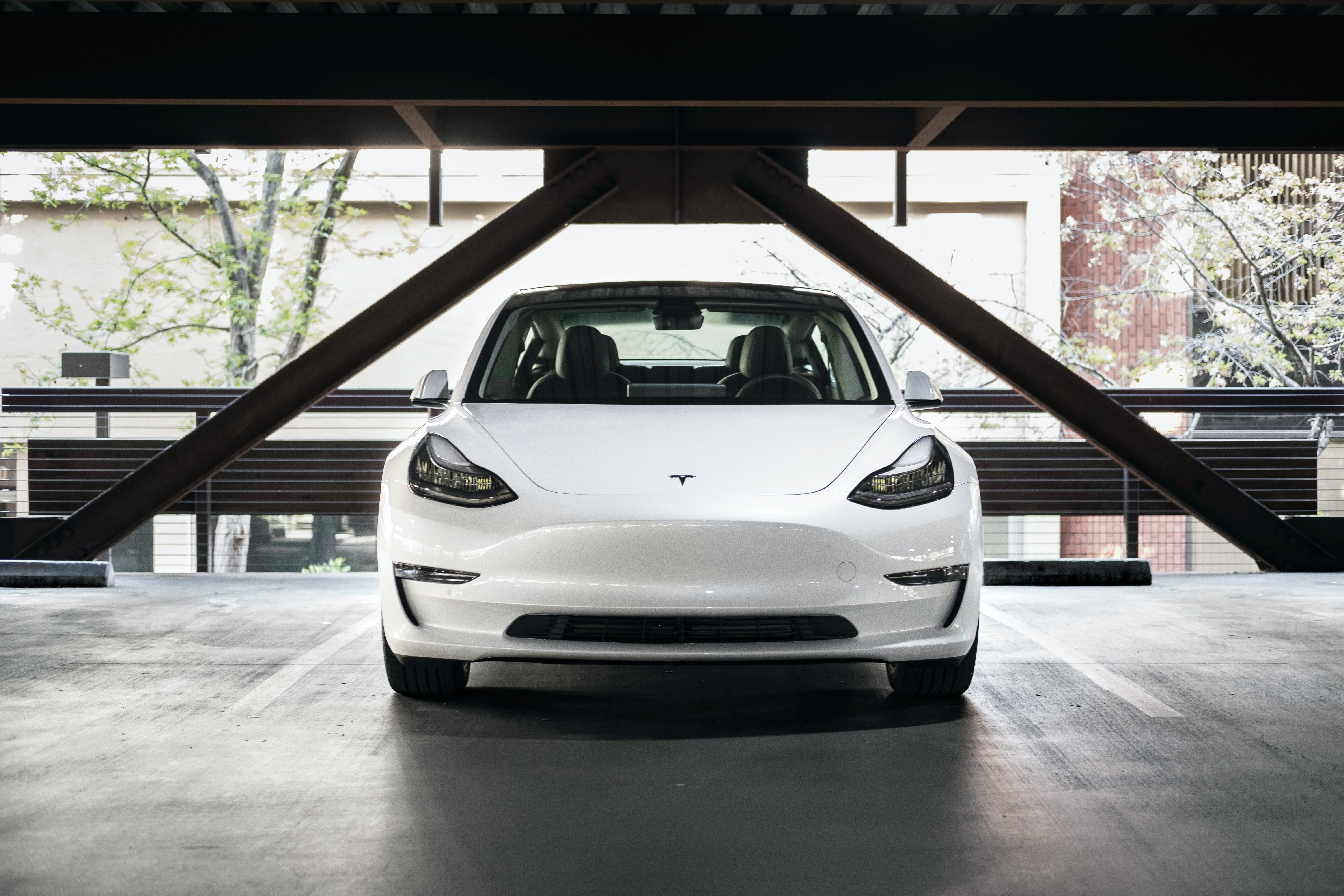Tesla Q2 Call: FSD makes significant progress in global transportation electrification
In Q2, Tesla's less-than-stellar results dragged down its stock price, and many business developments were shared on the earnings call.

EV Industry's Price War
Tesla believes that the current price competition in the electric vehicle (EV) market is a short-term phenomenon. Despite significant discounts offered by other manufacturers, Tesla remains confident that EVs are the best choice for consumers and expects global transportation electrification to be a long-term trend. Tesla maintains strong appeal to customers, with two-thirds of its sales last quarter going to new users.
Energy Storage Development & Advantages
In the second quarter, Tesla's energy storage deployment reached a record high, driving unprecedented profit growth in its energy business. The company is increasing capacity in the U.S. and China to meet demand, with energy storage growing faster than other business segments.
Tesla's Megapack energy storage batteries are equipped with unique software systems, offering unparalleled advantages in the market. Despite intense competition, Tesla insists that its energy storage solutions have clear advantages, with global demand far exceeding current supply.
Elon Musk also stated that Tesla is still working on developing a more affordable model, with production expected to begin in the first half of next year.
Optimus Robot & Mass Production
The Optimus robot is already performing tasks in Tesla factories, and limited production of the first version for internal use is expected to start early next year.
By the end of next year, Tesla expects thousands of Optimus robots to be operational in its factories. By 2026, Tesla plans to significantly increase production and deliver Optimus robots to external customers. Musk expects that the long-term value of Optimus will surpass all other Tesla products.
FSD & Robotaxi
Tesla made significant progress in FSD (Full Self-Driving) in the second quarter. Although specific data was not disclosed, improvements in the FSD experience and increased user acceptance were highlighted. Musk shared his personal experience using FSD, confirming its reliability and convenience.
Based on current progress, he expects full self-driving to be achieved next year and does not anticipate regulatory approval to be a major obstacle. Additionally, some major OEMs (Original Equipment Manufacturers) have shown interest in licensing FSD, but Tesla prefers to collaborate with OEMs that have an annual production of over one million vehicles.
Dojo Supercomputer
Tesla is impressed with NVIDIA's hardware performance but is concerned about potential future GPU shortages. Therefore, Tesla plans to increase investment in Dojo to ensure sufficient AI training capacity. The company is preparing a new data center at the southern part of its Texas Gigafactory to install and activate new GPUs.
Cybertruck & 4680 Battery Business
Tesla's 4680 battery production capacity saw strong growth in the second quarter, and Cybertruck's weekly production exceeded 1,400 units. Tesla plans to adopt dry electrode technology for battery production in the fourth quarter, which is expected to significantly reduce costs and achieve the initial target for the 4680 battery.
Facing potential policy changes, such as reduced EV subsidies, Tesla anticipates short-term impacts but maintains long-term advantages, as competitors may face greater challenges.
Tesla's long-term value mainly relies on its autonomous driving technology, with other factors having less impact. Tesla is committed to maintaining healthy business growth and market leadership without relying on subsidies.
Disclaimer: The views in this article are from the original Creator and do not represent the views or position of Hawk Insight. The content of the article is for reference, communication and learning only, and does not constitute investment advice. If it involves copyright issues, please contact us for deletion.